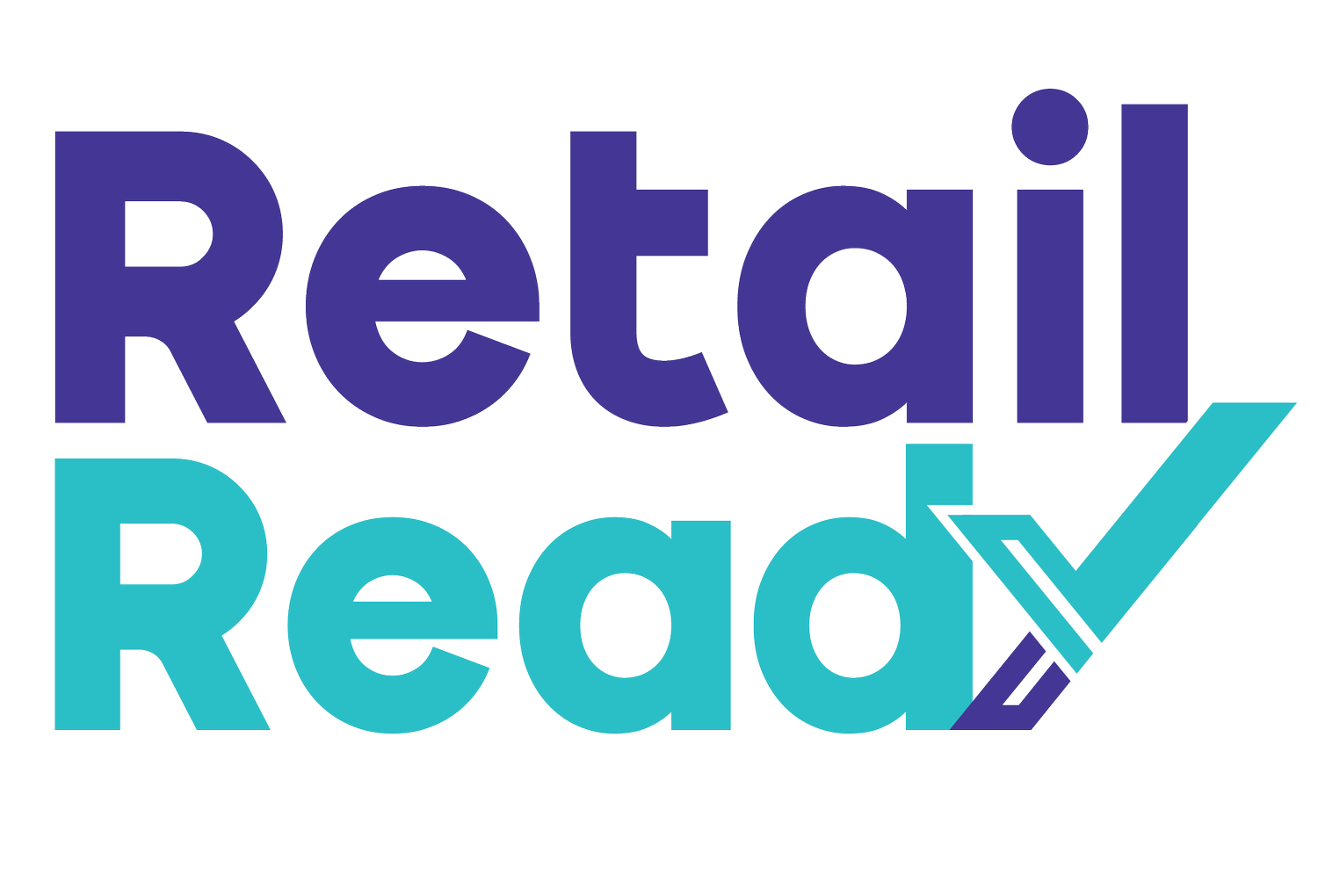No More FBA Labeling: What Amazon's 2026 Change Means for Your Supply Chain
Amazon is making a seismic shift that will reshape how brands manage their inventory. Starting January 1, 2026, Amazon will completely discontinue all FBA prep and labeling services across the United States. Even more concerning: without proper prep and labeling, your inventory won't qualify for reimbursements if it's damaged or lost. This change forces every FBA seller to either build internal prep capabilities or partner with external prep centers.
Immediate Challenges
The discontinuation of Amazon's FBA prep services introduces three critical challenges for brands:
Supply Chain Restructuring:
Sellers must now assume full responsibility for prep and labeling. That means either investing in house capabilities or securing reliable external prep partners, both of which require time, capital, and operational planning.
Compliance Without Margin for Error:
Amazon's requirements for labeling and packaging were already exacting. Without FBA's support, the tolerance for mistakes effectively disappears. Even a minor mislabeling can lead to rejected shipments, lost sales, and unrecoverable costs.
Compressed Timelines:
Although the official cutoff date is January 1, 2026, waiting until late 2025 to adjust is a risky gamble. Prep centers are likely to face capacity crunches, and internal process changes take months to design, test, and stabilize.
Strategic Opportunities
Forward-thinking brands can turn this disruption into a competitive advantage by:
Securing preferred partnerships with vetted prep centers before demand spikes;
Implementing robust quality control that exceeds Amazon's minimum standards;
Building operational strength that reduces dependency on Amazon's changing policies.
The SIPP Alternative: Custom Product Packaging
While Amazon's elimination of FBA prep services creates operational challenges, there's a bright side worth considering. The company's Ships in Product Packaging (SIPP) program is gaining momentum among brands looking for more control over their customer experience and costs.
SIPP allows sellers to ship products directly to customers in their own custom packaging, rather than using Amazon’s standard boxes. According to Amazon:
"This reduces your fulfillment costs and can help lower your carbon footprint."
Beyond the financial benefits, SIPP enables brands to maintain their identity throughout the entire customer journey. The program also addresses growing consumer concerns about packaging waste. By eliminating double packaging and allowing for more efficient shipment consolidation, brands can strengthen their sustainability positioning while reducing costs. For companies focused on building direct relationships with customers, SIPP transforms what was once a generic Amazon delivery into a branded unboxing experience.
Do you believe the way you prepare today shapes where your brand stands tomorrow?
We do! At Retail Ready Consulting, we help health and supplement brands stay compliant, agile, and ready to win as Amazon keeps changing. Here are some of our recommendations:
Don’t wait until Q4 2025: prep centers will be overwhelmed and capacity will shrink fast;
Lock in a trusted prep partner today: secure your spot before demand spikes.
Evaluate your operations: decide if internal prep is realistic or if outsourcing is the smarter path.
Prioritize compliance: every label and package must meet Amazon’s strict standards, with no room for error.
Get strategic guidance: Retail Ready helps brands design compliance frameworks and operational strategies that reduce risk and prepare you for Amazon’s 2026 changes.
Don't let Amazon's policy changes catch you unprepared! 👉 Follow us for practical insights and proven strategies to keep your brand ahead: https://bio.site/retailready
Source: https://sellercentral.amazon.com/help/hub/reference/external/G201023020
